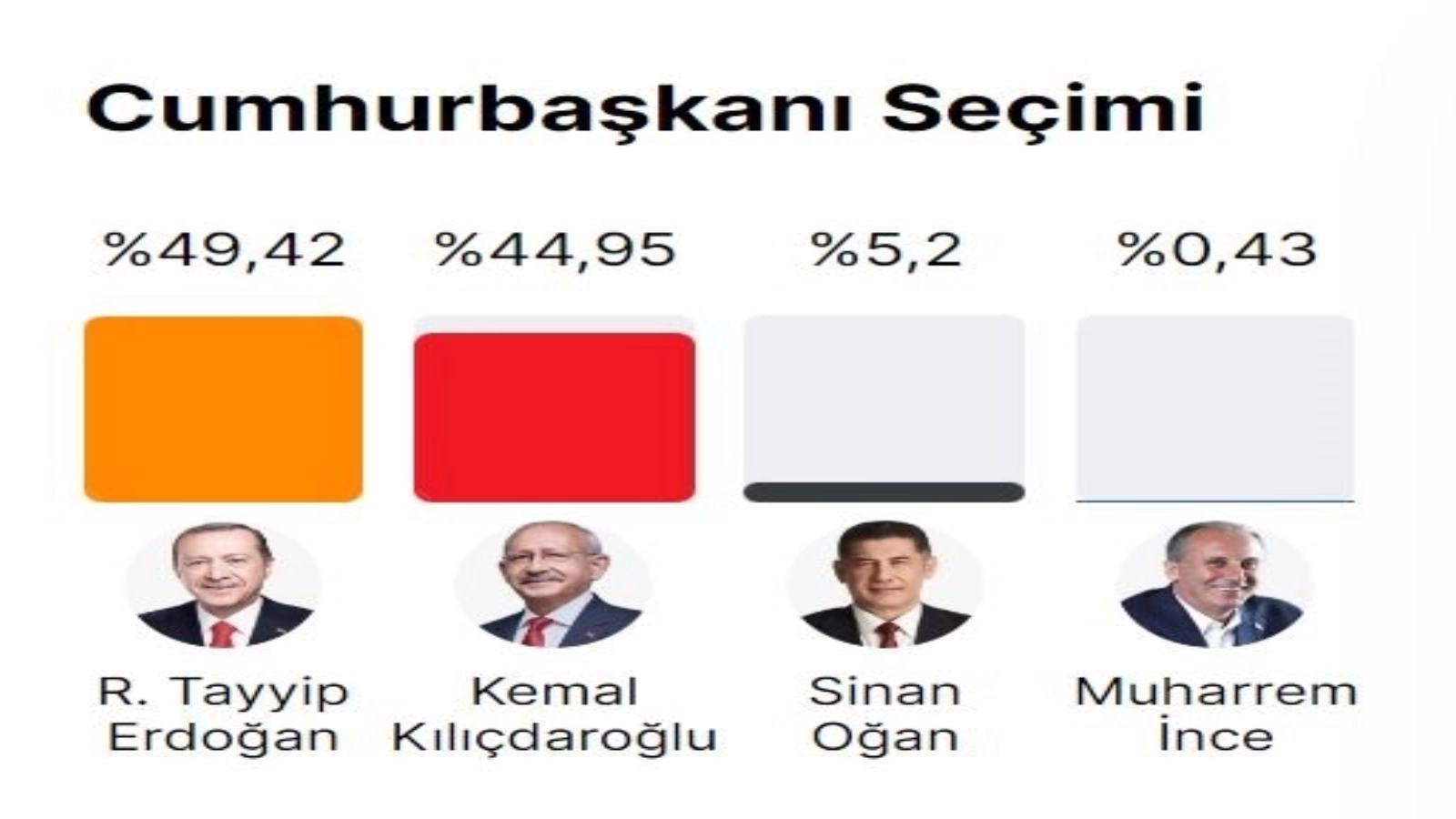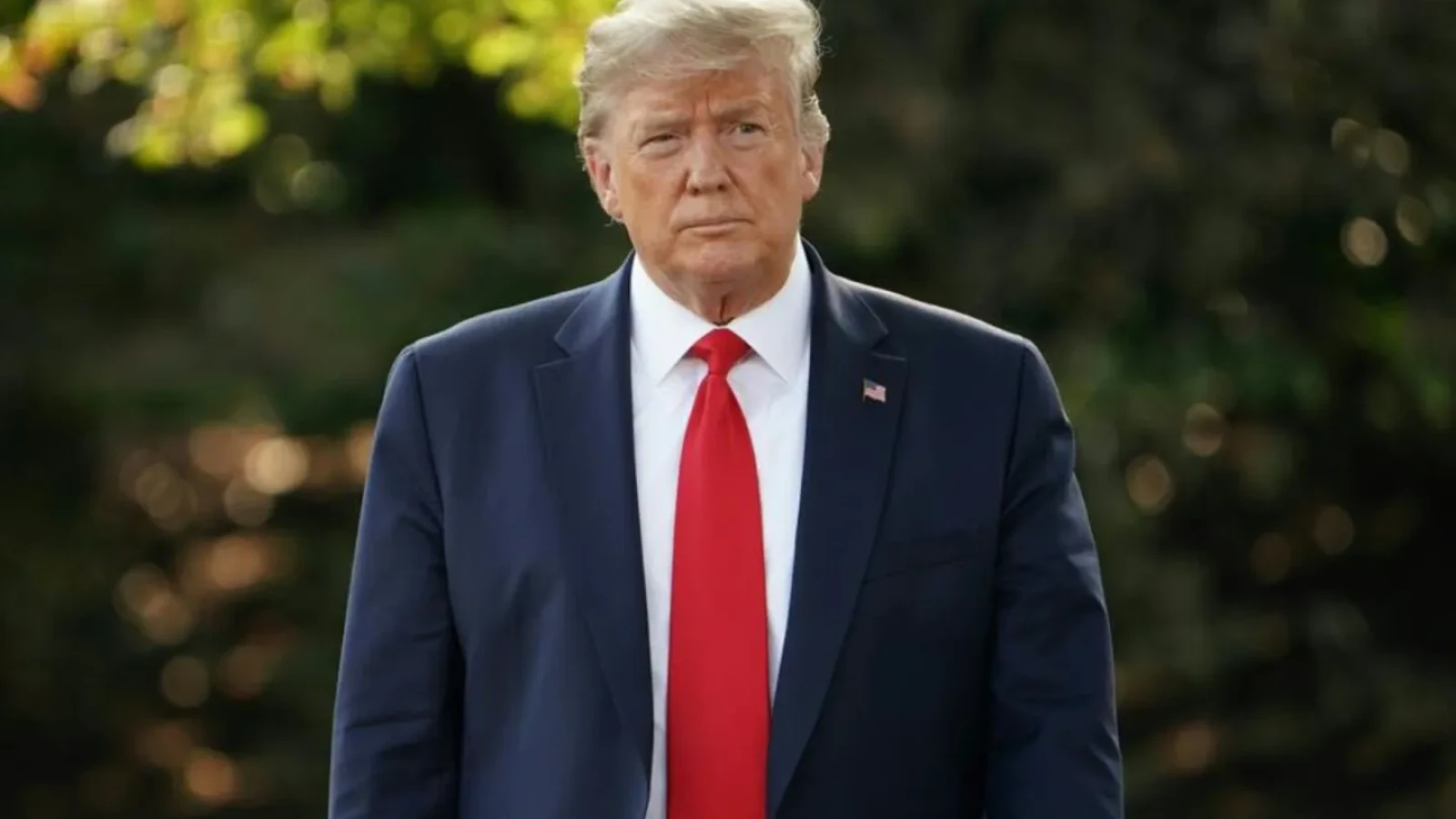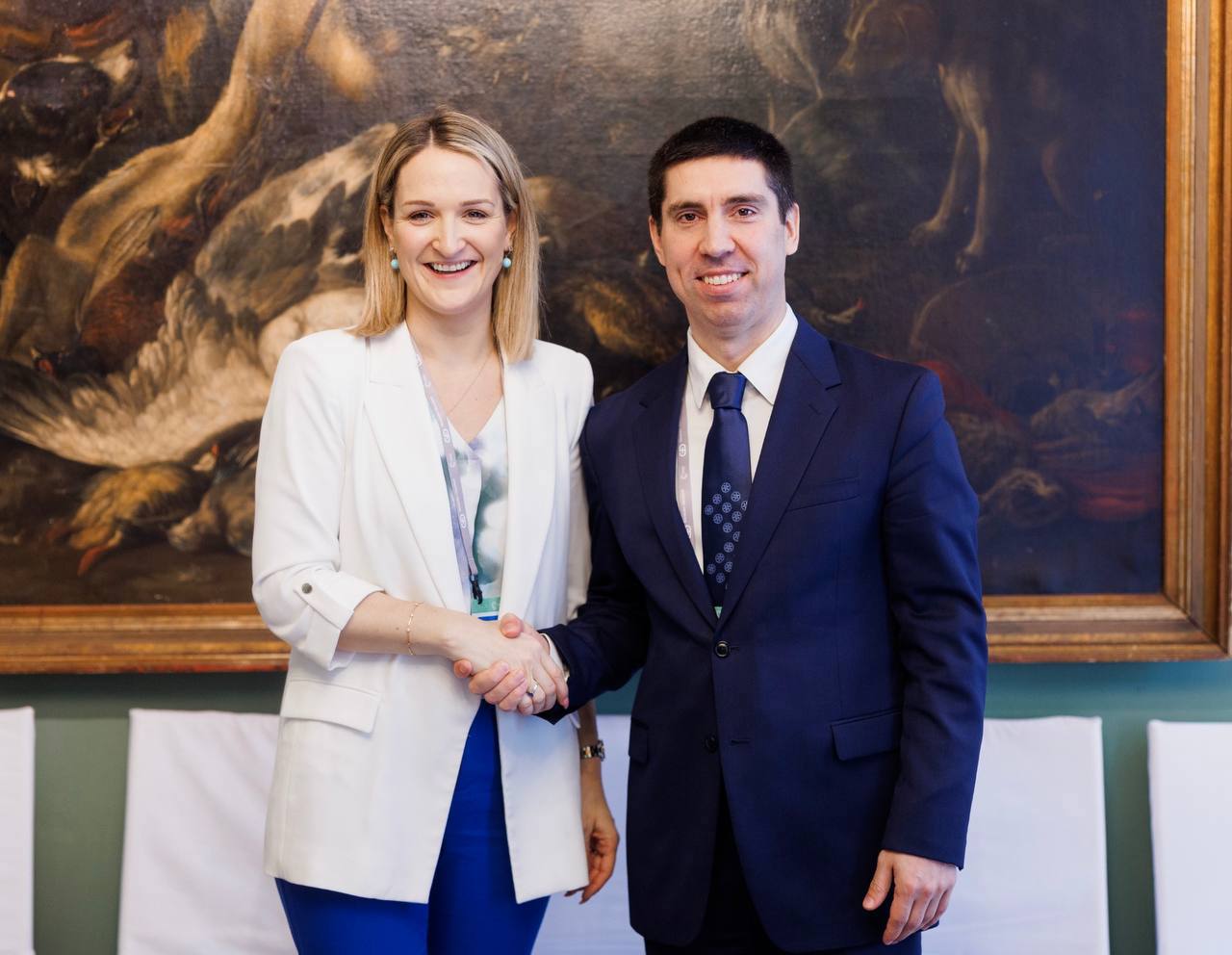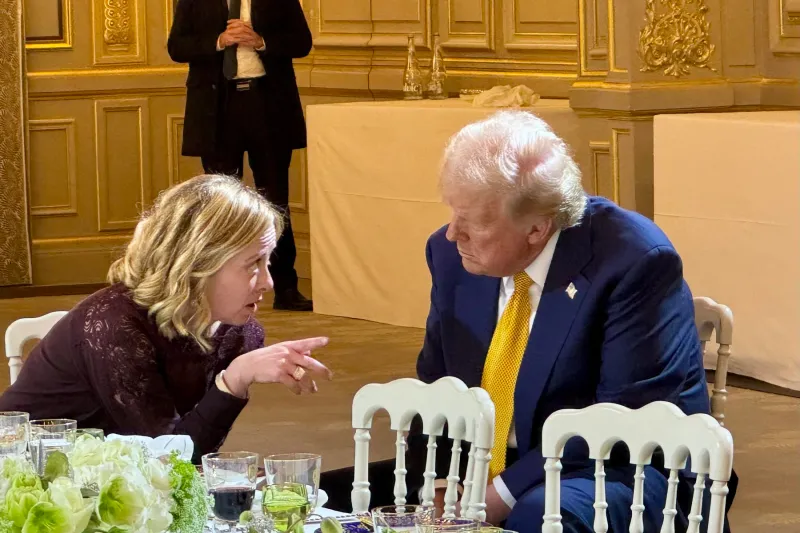Turkey is the largest NATO partner in the Black Sea region + the largest trading partner outside the EU + the largest business community (including Romanian-Turkish business people) + the main tourist destination (alongside Greece) for Romanian citizens and the primary international transportation hub at Istanbul Airport + despite international "propaganda" Turkey has once again demonstrated democratic elections with a high turnout (almost 90%) and unprecedented involvement in Europe + the ideological battle between "conservatives-sovereigns" and "progressives-internationalists" in these elections holds significance in the entire democratic world + Turkey's political stance (supporting Ukraine politically and militarily while maintaining economic relations with Russia, similar to other BRICS countries) sparks criticism and debates in the Western camp.
My analysis after the first round (probably the second round of the Presidential Elections will be on May 28):
1. Erdogan contradicts (once again) all the polls and places himself in first position even if he doesn't win from the first round. Erdogan received over 50% of the votes cast but lacks 0.6% of the total registered voters. The net difference is about 2.4 million votes compared to the second-placed K. Kilicdaroglu. The fierce battle of the "progressives" in the international media (including Romania) and the presentation of polls that gave the opposition candidate a 10% advantage over Erdogan turned out to be wishful thinking or mere propaganda (similar to the case of the elections in Hungary). Turkish voters have a specific patriotic pride (unlike many Romanian voters) - anything perceived as "foreign intervention" has a contrary effect on the vote.
2. The parliamentary coalition led by President Erdogan obtained a categorical and unexpected victory: 321 seats compared to the opposition coalition led by Kilicdaroglu's 213 seats. It is now evident that the promised constitutional change by the opposition (a fundamental element in the electoral campaign) cannot be achieved - Turkey remains with the current system. It is quite clear that no one views a situation where an already voted parliamentary majority will constantly "fight" with an opposition president in a favorable light. The idea of stability and collaboration between the President and the parliamentary majority makes political sense for moderate voters.
3. It is clear that those who voted for Recep Tayyip Erdogan (already in all the elections of the past 20 years) are loyal supporters and will turn out to vote in the second round. However, it remains to be seen if K. Kilicdaroglu will manage to maintain the intact alliance of six parties behind him, considering that he failed to meet expectations in the first round (he obtained 10% less than in the polls). Given the result of the first round and Erdogan's victory in the parliamentary elections, he sent a clear signal of victory - which could demobilize a heterogeneous opposition coalition united only by the objective of overthrowing Erdogan from power. Kurdish voters (who voted for their own party and K. Kilicdaroglu in the first round) may no longer have the same motivation to come only for the presidential vote (somewhat similar to UDMR voters in Romania).
4. The votes cast for Sinan Ogan (nearly 6% - 2.8 million) are votes from a nationalist electorate that sees itself more in the position of defending national values rather than in Kilicdaroglu's positions of surrendering sovereignty in favor of European integration. The Azerbaijani origin of the candidate is also an advantage for Erdogan, who has consistently supported Azerbaijan politically and militarily.
5. Although Erdogan (69 years old) has been much more involved in politics for over 20 years, he is still six years younger than Kilicdaroglu (75 years old), which limits the "youth-for-change" vote.
Lessons for Romania:
1. Voter turnout and involvement - almost 90% compared to the apathy in Romania (just over 30% in 2020).
2. Much more efficient and transparent organization of the vote counting system. 3.Adverse reaction to "foreign propaganda."
*Victor Ponta, former Prime Minister of Romania
































Comentează